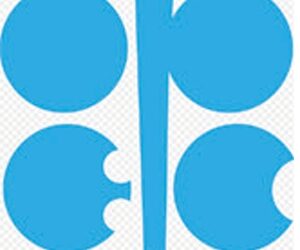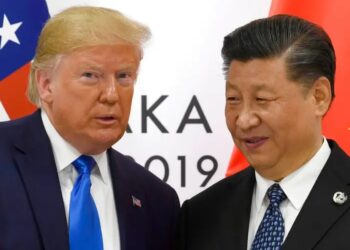January 22, 2021
When Iran last month halted 90 percent of its natural gas exports to Iraq, Baghdad immediately paid off most of its debt to Iran and so the exports have been resumed, Iranian Energy Minister Reza Ardakanian has announced.
He announced January 6 that Baghdad now owes less than two months’ worth of payments. “Iraq does not owe us much,” he said.
The gas supplies were only cut for 48 hours from December 28 to 30. Ardakanian flew to Baghdad when the gas exports were slashed.
He said he would follow up the issue on a daily basis until the entire debt has been paid.
Iran said earlier it was seeking $6 billion in overdue payments for both electricity and for national gas piped to three electricity generating plants in Iraq. It had said $3 billion of that had been paid into an account at the Trade Bank of Iraq that was blocked because of US sanctions. More than $1 billion of the debt was described as interest on late payments.
The minister said the funds would be used to buy coronavirus vaccine from Europe. That was before the Supreme Leader forbade buying any British or American vaccines.
Baghdad has received waivers from the Trump Administration allowing it to buy Iranian natural gas and electricity without penalty. But Washington has been pressing Baghdad to wean itself off Iranian energy imports. Iraq is expected to collect the natural gas it normally flares at its oilfields and use that gas to run the its electricity generating plants. But how long that will take remains uncertain. The World Bank says Iraq is the second worst country for flaring gas after Russia. Iraq is also talking to Jordan and the Gulf Cooperation Council (GCC) about importing electricity directly from them.
Ardakanian did not say exactly how much Baghdad had paid.
In December, Iran balked at the unpaid debt and stopped piping all but 10 percent of the normal natural gas flow to the generating plants, although it allowed direct exports of electricity to continue.
Ardakanian said the two sides had reached an agreement under which Baghdad opened a euro bank account into which to deposit payments for the electricity and gas. The minister indicated that Iran did not have full access to those funds and could only use them to pay for non-sanctioned food and medical goods. In other words, Baghdad was remaining in compliance with US sanctions.
But that is the same agreement Iran said it reached with Iraq three months earlier in early October. It appears that nothing happened after that first agreement.
Iran supplies almost 30 percent of Iraq’s electricity needs through its direct exports and its natural gas exports.























